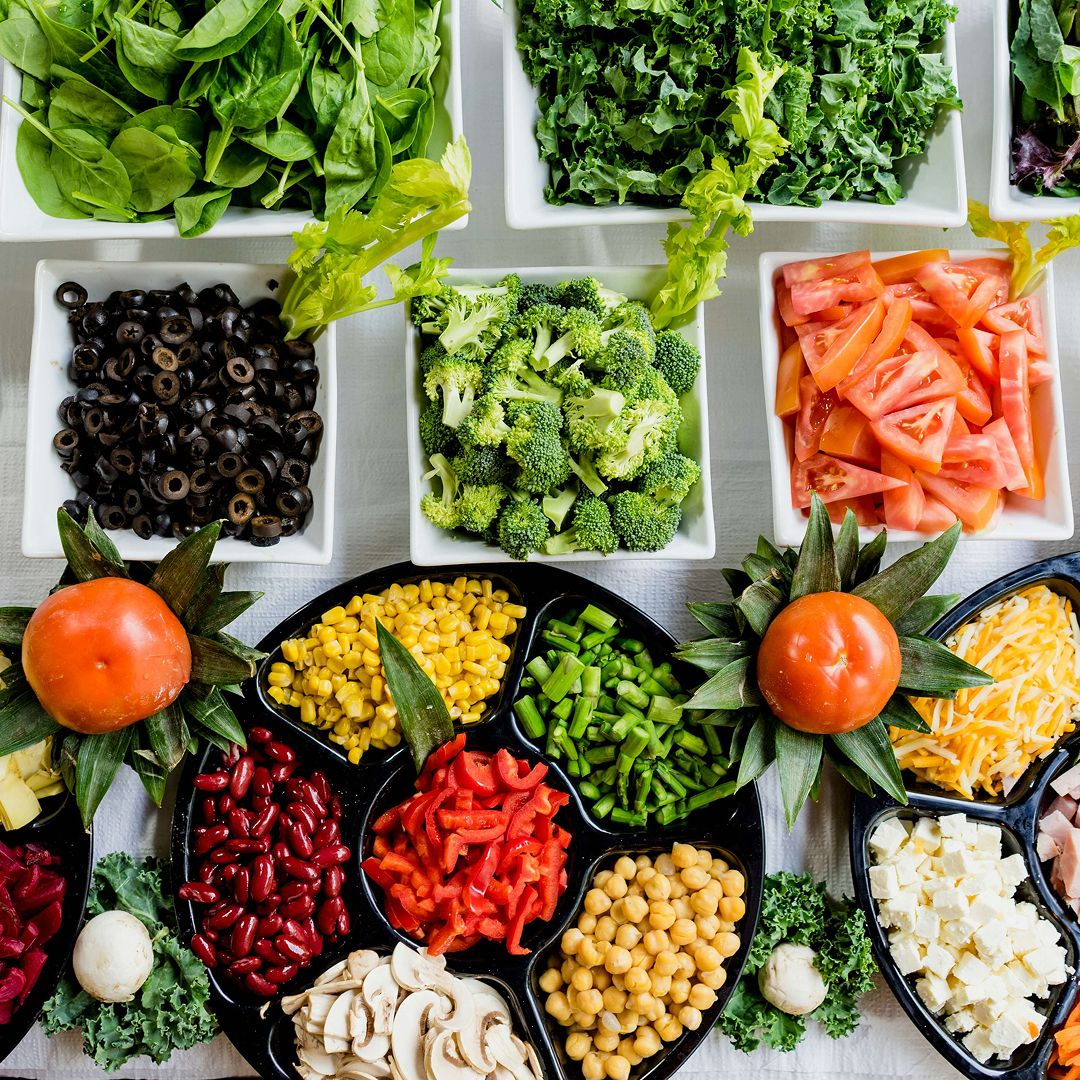Eating healthy can feel like homework, as it always seems like we’re hearing about new foods we should or shouldn’t have. Living a healthy lifestyle feels less taxing when getting educated on proper nutrition and healthy habits. We’ll get you started by sharing a list of foods that appear healthy but might not be the best for your diet. Don’t feel bad; we’ve all been fooled by these before. Along with reasons these foods are questionable, we’ll share alternatives to get back on track.
Frozen Dinners
For years, companies like Lean Cuisine, Healthy Choice, and even Stouffer’s have slapped labels on boxes, claiming their frozen meal is the best choice. By taking a quick look at the nutrition facts, you can see loads of sodium and saturated fats. These meals also have too few calories, limiting the amount of nutrients your body needs.
Alternatives
Prep your own food ahead of time, even freezing it for later. This will not only save you from harmful ingredients, but it’ll ensure you’re getting the right nutrients. If you’re worried about cost, meal prepping actually saves you more money in the long run, as you’re not buying stacks of boxed meals but ingredients for multiple servings at once.
Canned peanuts
You might be thinking, “Nuts are a main part of a healthy diet, so how can they be bad for you?” Peanuts are indeed good, as they’re a great source of fiber and protein, containing vitamins and minerals. Canned peanuts, however, usually have loads of sodium, especially if you’re consuming more than the serving size.
Alternatives
Rather than snacking on canned peanuts, aim for raw, unsalted ones. Along with this, limit your serving size. For nuts, aim for around 30 grams as a snack, or a small handful. You can also have them on the side of dishes to add some protein. By doing this, you’re less likely to go back for more nuts, as the other food will fill you up alongside them.
Dried fruit
These are sneaky, with “fruit” commanding your attention. However, don’t be fooled. Dried fruit is usually covered with loads of sugar to keep you invested. Trader Joe’s dried mangoes, for example, have 20grams of sugar per serving size, which is almost half of the recommended sugar intake per day.
Alternatives
There are ways of snacking on dried fruit that won’t spike your blood sugar. Go with the dried fruit that’s lower in sugar, such as berries. Mangoes and pineapples are higher in sugar, so avoid those. If you’re really craving these, pair them with a protein to cut down on the effects of the sugar.
Yogurt
Although yogurt seems like the perfect grab-and-go meal for busy mornings, it’s often packed with sugar. We’ve all been tricked by the pretty patterns and images of floating fruit, but don’t befooled. Just because a cover says “nonfat,” it isn’t necessarily healthy. Fatis needed, as it’s one of the biggest sources of energy in our bodies.
Alternatives
Greek yogurt has a great source of protein with little sugar. Plain Greek yogurt is best for reduced sugar, but if you want more flavor, you can always add fruit and homemade granola. Opt for low-fat options if it’s hard on your stomach.
Making healthy choices is possible, no matter the store or your budget. By getting educated on the basics, you’ll be quicker at noticing poor ingredients and coming up with alternatives.





